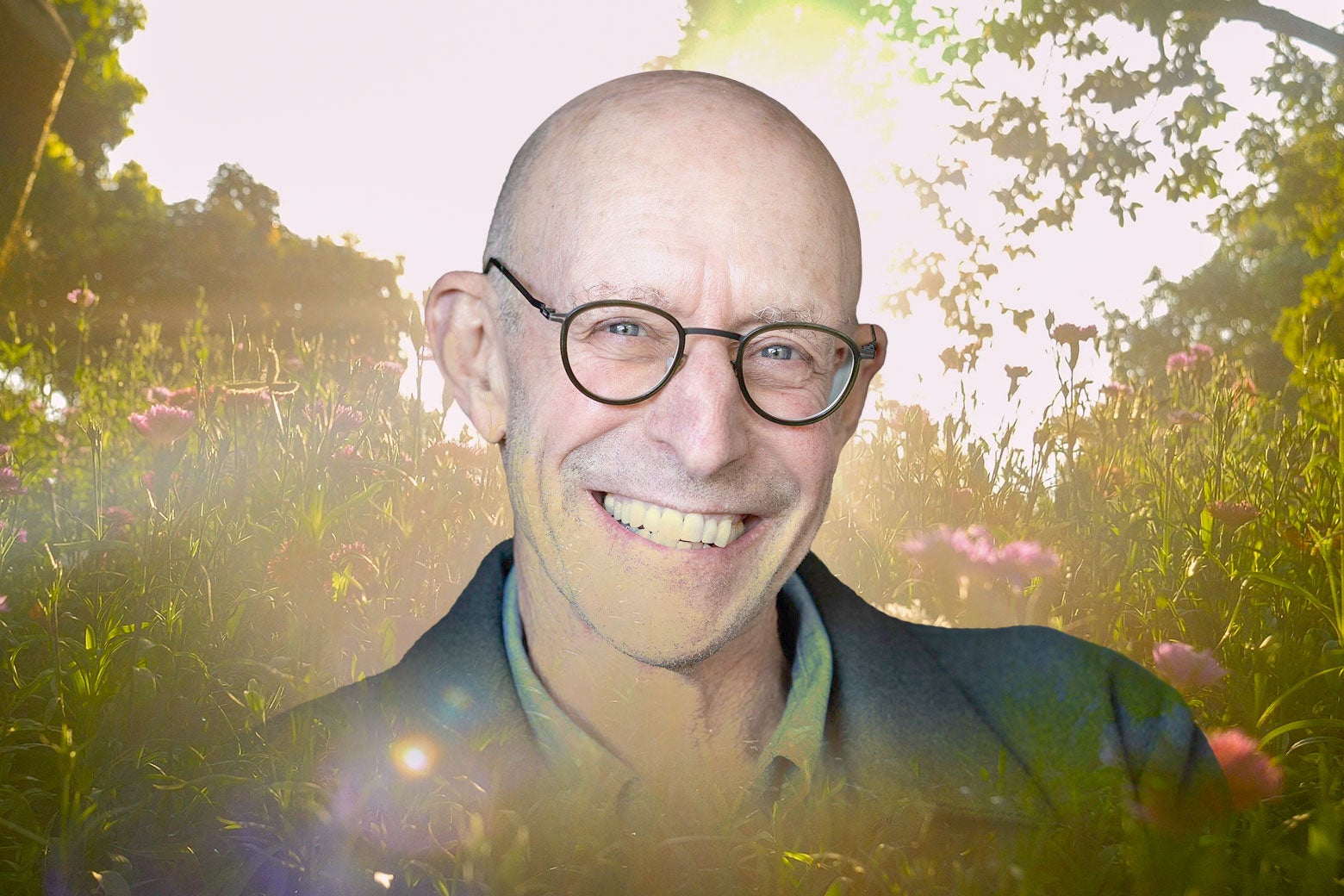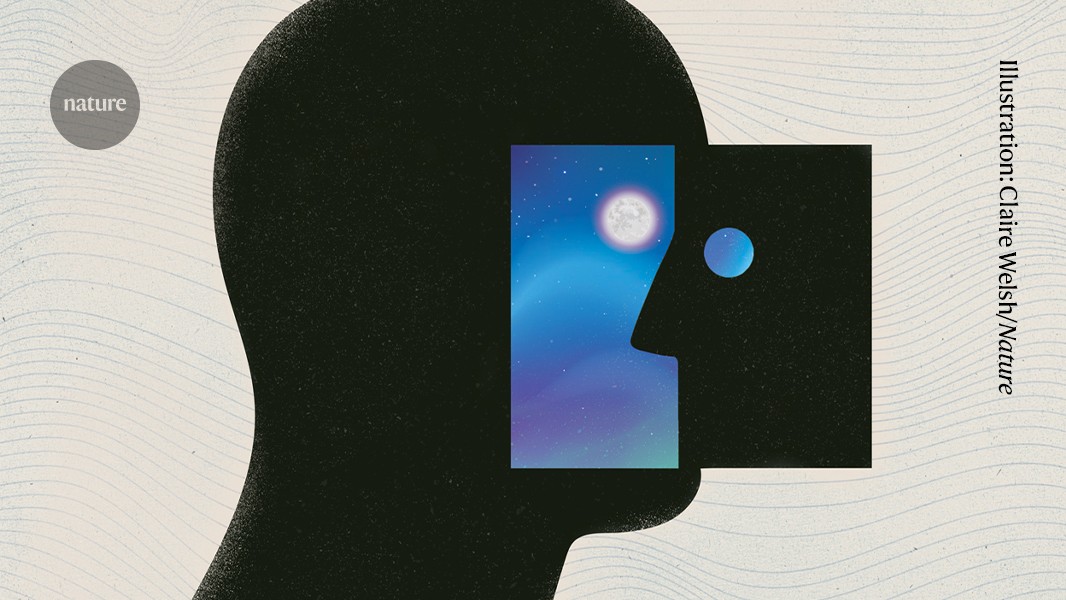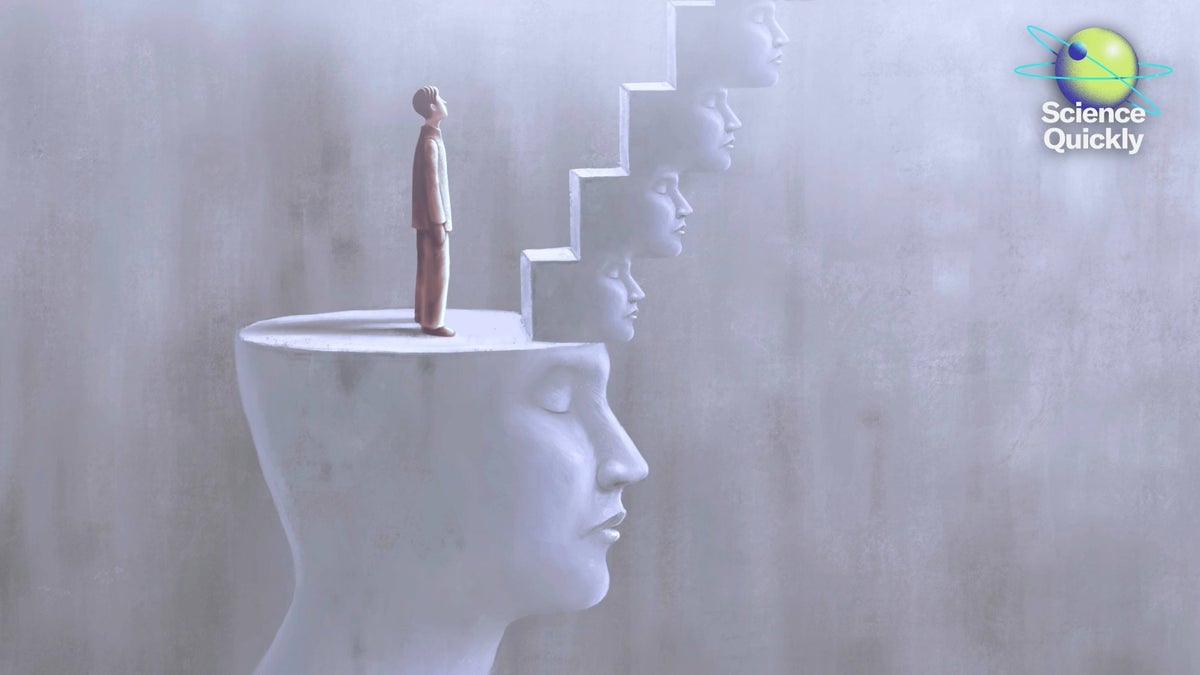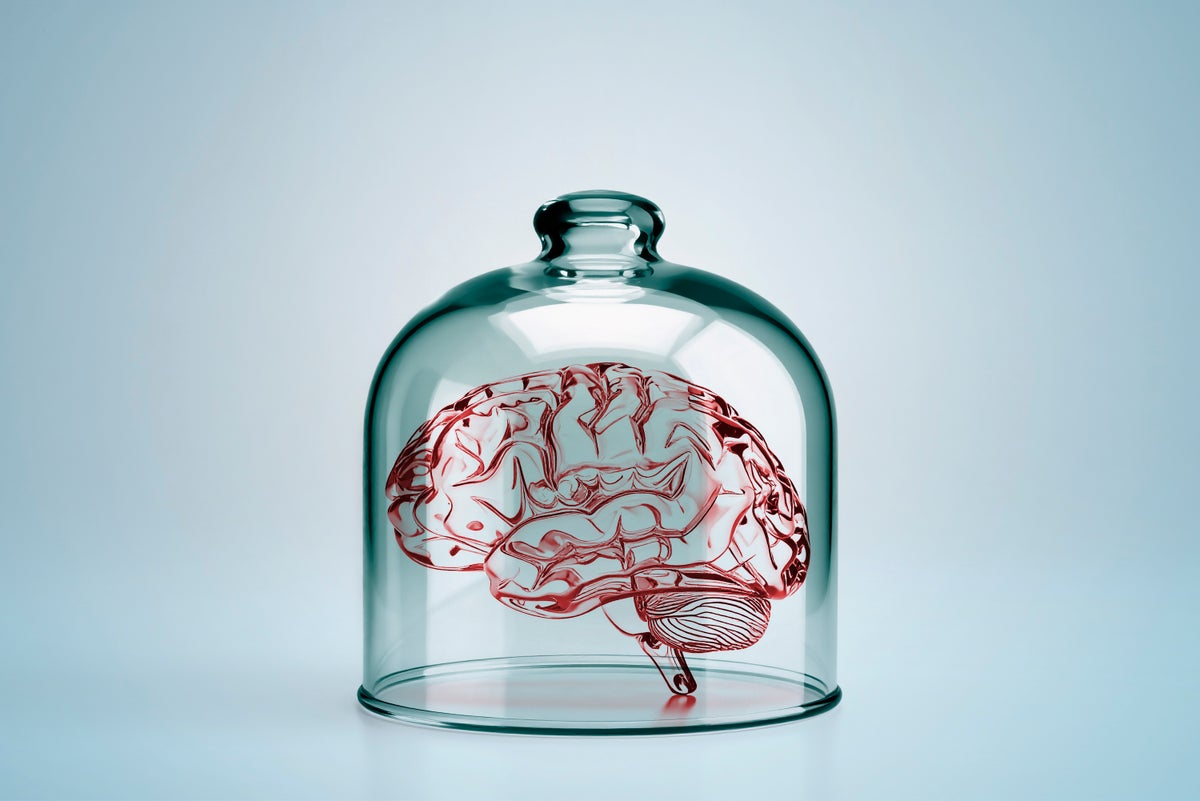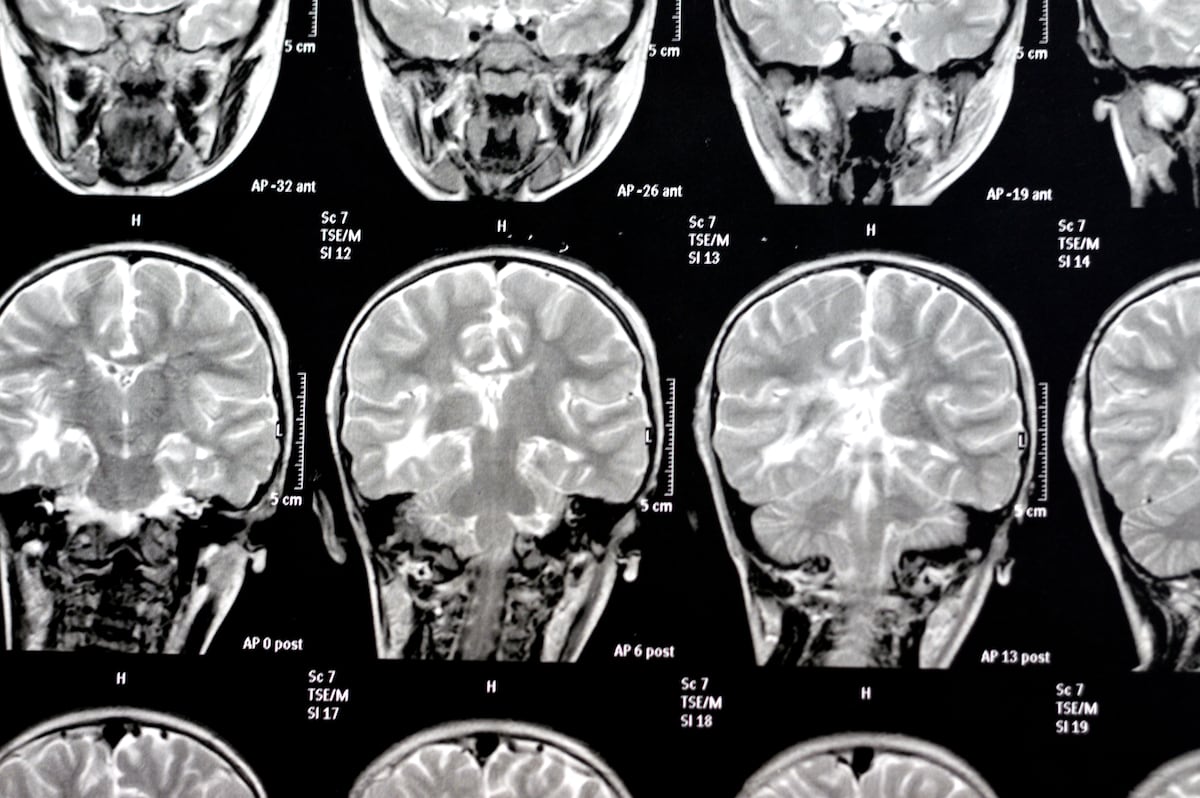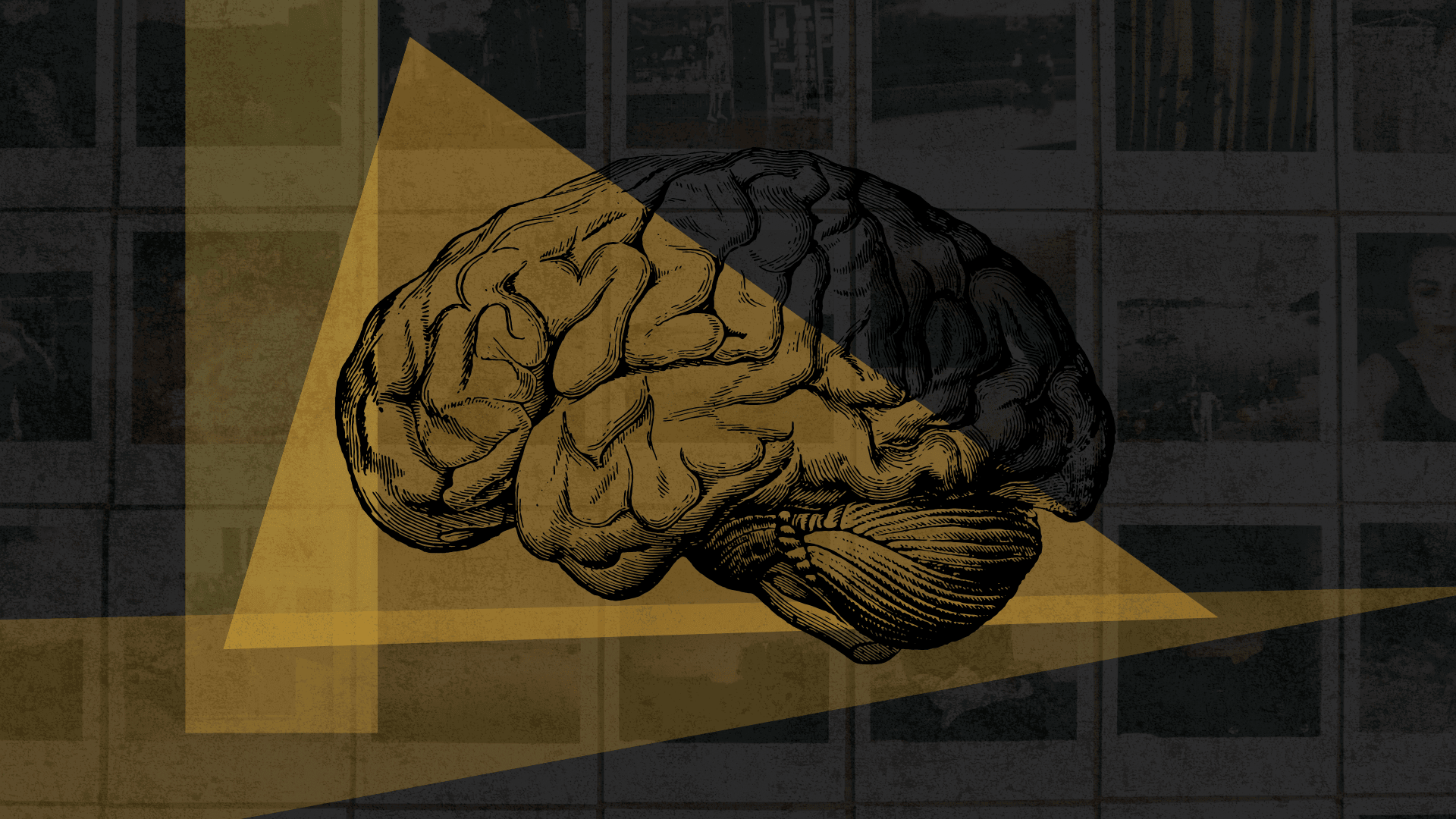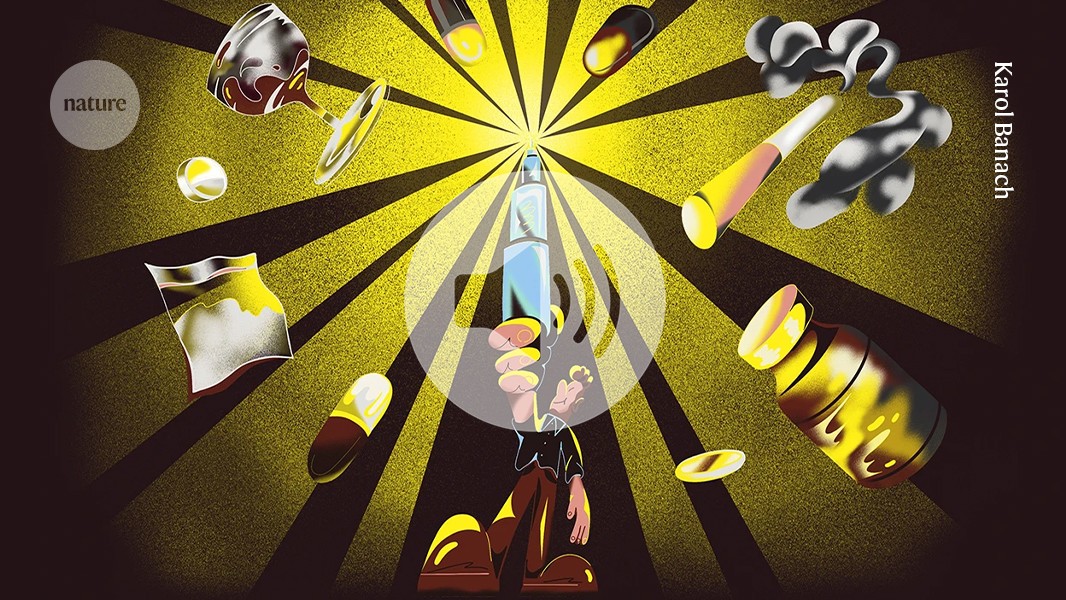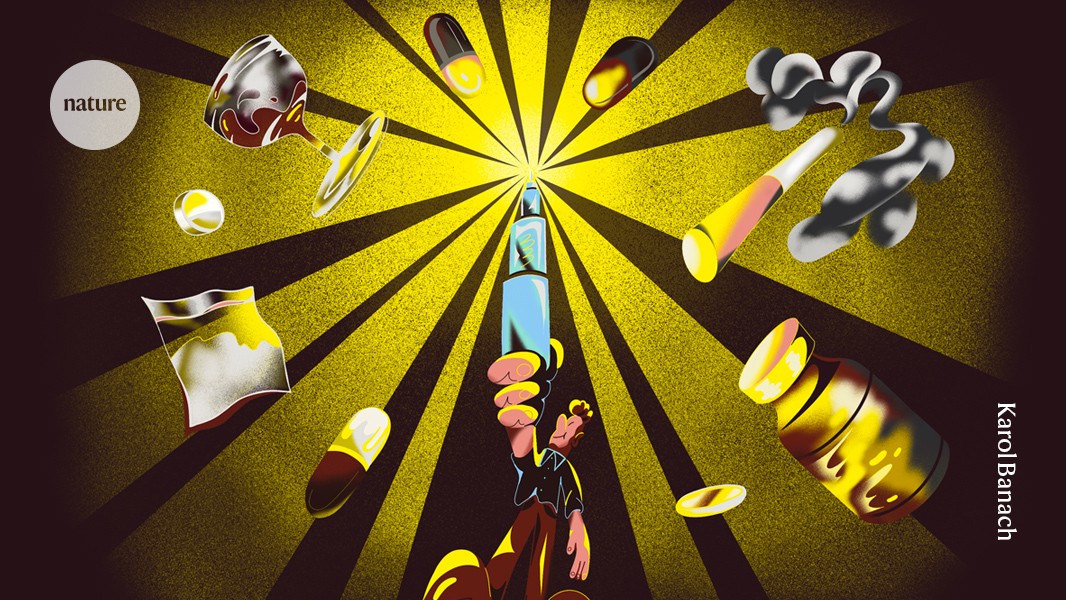fromTNW | Startups-Technology
2 weeks agoStanhope AI raises $8M to build adaptive AI for robotics and defence
London-based deep tech startup Stanhope AI has closed a €6.7 million ($8 million) Seed funding round to advance what it calls a new class of adaptive artificial intelligence designed to power autonomous systems in the physical world.
The round was led by Frontline Ventures, with participation from Paladin Capital Group, Auxxo Female Catalyst Fund, UCL Technology Fund, and MMC Ventures.
The company says its approach moves beyond the pattern-matching strengths of large language models, aiming instead for systems that can perceive, reason, and act with a degree of context awareness in uncertain environments.
